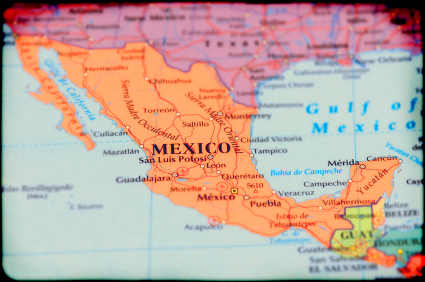The young mother smiled shyly as she responded to the Univision reporter's question about where she was headed.
"To the United States," she said. And why was she going there. "Necessity," she answered.

She was a 22-year-old Guatemalan woman sitting on the metal roof of a train rumbling through southern Mexico. She held her four-month-old child in her arms. Hundreds of others, mostly Central Americans, were sitting or lying atop the train as it rolled northward from the Mexican border state of Chiapas. It was the first leg of the long journey to the U.S. border.
Univision reporter Pedro Ultreras, who had climbed onto the train with a videographer, was struck by the number of women — single mothers, apparently — who had decided to make the same perilous journey. They looked tired, hungry, battered by the sun.
Apart from the dangers of scrambling up a ladder of a moving train, they would be subjected to the unpredictable forces of weather and the whims of the brutal gangs and corrupt police that infest the route. Because of that devil's brew of dangers, trains that take the migrants north are known collectively as la Bestia, the Beast.
Ultreras approached another young mother, this one with her arm around a child of perhaps five years old. "What makes you make this journey?" he asked. "Well, poverty," she answered. "Is there a lot of poverty in your country?" "Aha," was the response.
A third woman said she was heading to Alabama with her 16-year-old daughter. She told of the excited stories about the Americans opening their border. Those stories are a major motivator of the exodus that has overwhelmed the Border Patrol and the other U.S. agencies called on to respond to the humanitarian crisis caused by the unrelenting arrivals.
"They said there was opportunity for women and children, like my daughter," said the Alabama-bound mother. "They said that if they go with their mother or companion there is opportunity. But some say no. Who knows? Only God knows." She acknowledged the perils of the trip with this stoic observation: "There is danger, but what are we going to do?"
When I traveled to South Texas two weeks ago with CIS Multimedia Director Bryan Griffith, we were struck by the number of single mothers who had joined the exodus. All those we met were poor, poorly educated, and desperate for what they saw as their best chance to escape the deprivation of their troubled home countries. You can see our report here.
